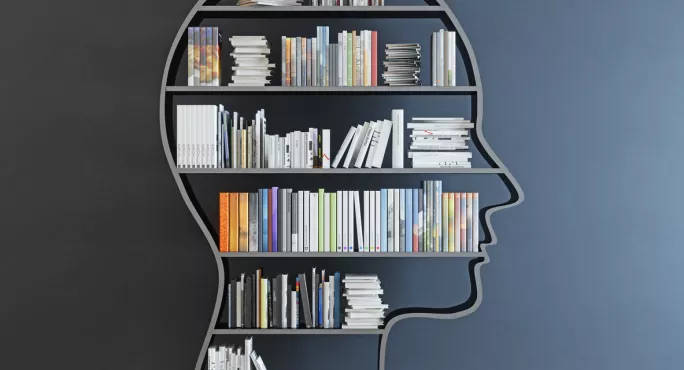- Home
- How can we use knowledge to reduce social inequality?
How can we use knowledge to reduce social inequality?

In the end, it is what teachers make of any new idea that matters.
All teachers in all subjects know that there is better knowledge, and that “better” means something very different for the physics teacher and for the English teacher.
That is really all the term “powerful knowledge” refers to. At the same time, it recognises that, because we are located in society, this knowledge - in principle accessible for all - in practice is most unevenly distributed.
Powerful knowledge does not say that teachers can reduce this uneven distribution on their own.
It says that, without their commitment, there will be no change at all - or “back to Future 1 and a Gradgrind curriculum for all but the few,” as Mark Enser puts it.
A vision about the purpose of schools
The question, addressed to any new idea - and often wisely so - is not “will it work?” but what might work in a more equal, more democratic society that took the education of all children seriously.
Mark Enser captures this vision well. But he fears that it could die an early death, or lead to a reversing of earlier progress in giving teachers more autonomy.
It is a vision about the purpose of schools, and not a prescription. It cannot and should not be telling teachers what to do. They are members of a profession with their own expertise, who are contributing to the debate that powerful knowledge began.
Like all visions, it is based on a simple idea. But it is one that is enormously difficult to put into practice.
This is not because teachers lack the skills. Rather, it is for reasons with roots far beyond the school system.
Going beyond the known
Education, as I am sure every teacher knows, is a combination of engaging with what is known and the possibility of going beyond it. Knowledge is a human product, and as such could be accessible to all.
On many measures, we have made great progress. One in two of every cohort goes on to higher education - an increase of nearly tenfold since the end of World War Two. We can justly celebrate this progress.
But, at the same time, we should be aware that it has come at a price. Not only does the increase mask the extent of continuing inequalities, but the price we have paid is that the unequal distribution of resources per pupil remains, rather than being reduced. This has been particularly true over the last decade.
Why is this? Many of the early educational thinkers reacted against the Gradgrind of schooling, and emphasised the child as the centre of a school’s purposes.
However, what were these purposes? What made schools special? What was it that we educators could offer to the next generation that societies without schools could not, as in all previous centuries?
Access to knowledge
It was in trying to answer that question that I came to focus on access to knowledge.
It was not a very original thought, not least because, in the early years after schooling became free for all, following the 1870 Education Act, most children going to school accessed very little knowledge that had any meaning or purpose for them.
Meanwhile, there were other schools, for the children of the rich, that demonstrated the types of knowledge that could be accessed in school. These subjects, importantly, could not be accessed in the home or community, even in those of the rich.
So we have academic subjects, the pinnacle of powerful knowledge at school level, which - whether we like it or not - were invented in public schools.
Mark Enser speaks about the claims that a curriculum based on powerful knowledge is lauded as giving teachers greater control - on the lines, presumably, of other professions.
Accepting some loss of control
This could be true, if access to knowledge was not isolated within the curriculum and separated from the pedagogic work of teachers in meetings and in classrooms.
A government with a highly respected and qualified profession - for example, medicine, during the establishment of the National Health Service - was obliged to accept some loss of control. There is no reason for a different solution in building a National Education Service.
A decade ago, I co-authored a paper that discussed curriculum reform in terms of the three futures. Respondents on Twitter rightly took us to task for not going beyond a combination of futures one and two in specifying future three.
That is our task now, but it is not ours alone. It starts for me by asking the difficult question: “What do we mean when we say we want our students at any level to develop ‘a relation to knowledge’?”
It recognises that, while a subject is represented by lists of topics on a syllabus, which involve some memorisation, it is also a community of specialists, with students as neophyte enquirers.
Professor Michael Young is professor of the sociology of curriculum at the UCL Institute of Education
Register with Tes and you can read two free articles every month plus you'll have access to our range of award-winning newsletters.
Keep reading with our special offer!
You’ve reached your limit of free articles this month.
- Unlimited access to all Tes magazine content
- Save your favourite articles and gift them to your colleagues
- Exclusive subscriber-only stories
- Over 200,000 archived articles
- Unlimited access to all Tes magazine content
- Save your favourite articles and gift them to your colleagues
- Exclusive subscriber-only stories
- Over 200,000 archived articles